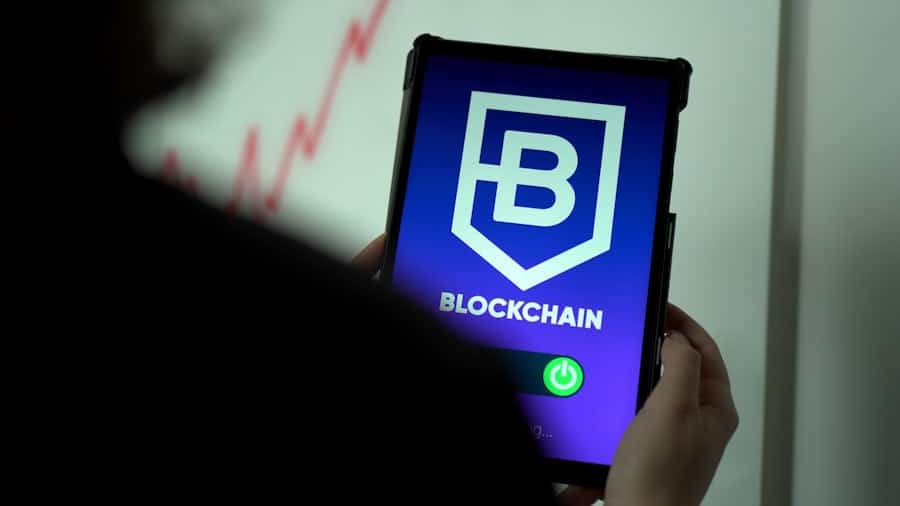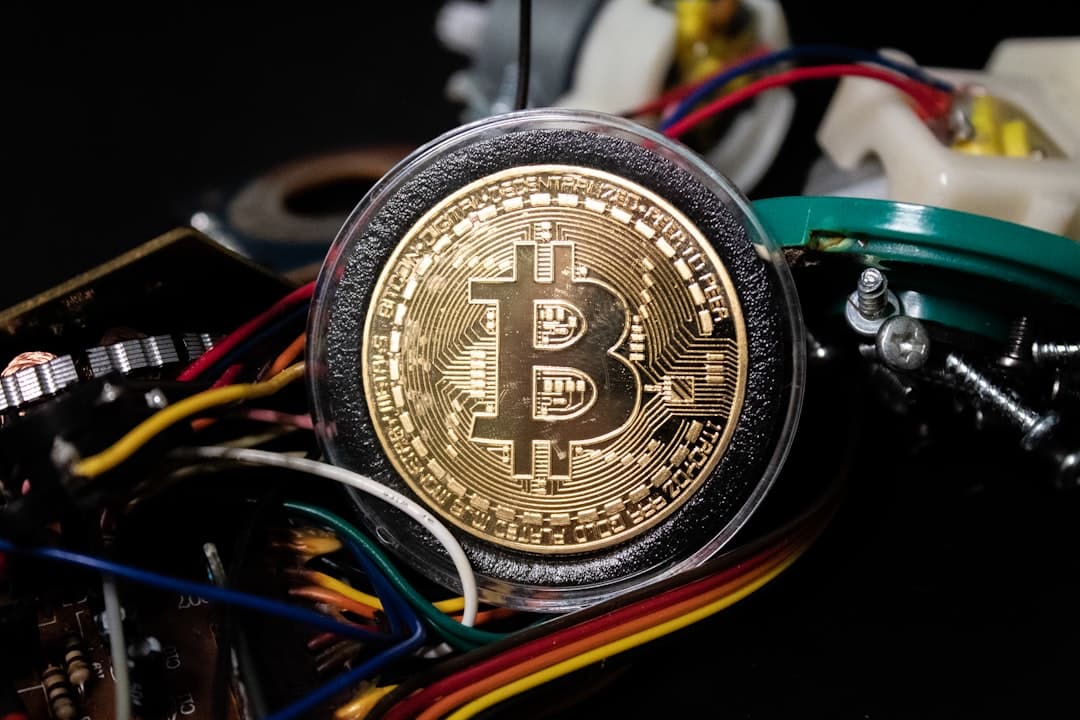In recent years, the landscape of social media has undergone a significant transformation, driven by the emergence of decentralized social media platforms. Unlike traditional social media networks, which are typically governed by centralized entities that control user data and content moderation, decentralized platforms operate on a distributed network model. This shift is largely fueled by growing concerns over privacy, data ownership, and censorship.
Users are increasingly seeking alternatives that empower them to take control of their online presence and interactions, leading to a surge in interest for decentralized solutions. Decentralized social media platforms leverage blockchain technology and peer-to-peer networking to create environments where users can engage without the constraints imposed by centralized authorities. This model not only enhances user autonomy but also fosters a sense of community and collaboration among participants.
As these platforms gain traction, they are redefining the way content is created, shared, and monetized, presenting new opportunities and challenges for content creators and consumers alike.
Key Takeaways
- Decentralized social media platforms offer a new way for users to interact and share content without relying on a central authority.
- Content creators can benefit from decentralized social media platforms through direct monetization opportunities, cutting out middlemen and increasing their earnings.
- Blockchain technology plays a crucial role in decentralized social media platforms by providing transparency, security, and immutability to content and transactions.
- Advantages for content creators on decentralized social media platforms include increased control over their content, reduced censorship, and fairer compensation for their work.
- Challenges and limitations of decentralized social media platforms include scalability issues, user adoption, and regulatory uncertainty, which can impact content monetization opportunities.
The Impact of Decentralized Social Media on Content Monetization
Empowering Creators through Direct Transactions
Decentralized platforms offer innovative monetization mechanisms that prioritize direct transactions between creators and their audiences. One notable approach is the use of cryptocurrency as a means of compensation. Creators can receive payments directly from their followers in the form of tokens or digital currencies, eliminating intermediaries and allowing for more equitable revenue distribution.
A New Incentive Structure
Platforms like Steemit enable users to earn cryptocurrency by creating and curating content, thereby incentivizing high-quality contributions while fostering a more engaged community. This direct monetization model not only empowers creators but also encourages users to support their favorite content producers financially.
A Shift towards Transparency and Equity
The decentralized approach to content monetization promotes transparency and equity in revenue distribution. By cutting out intermediaries, creators can earn more from their work, and users can directly support the content they value. This shift has the potential to transform the way we think about content creation and monetization.
The Role of Blockchain Technology in Decentralized Social Media Platforms

Blockchain technology serves as the backbone of decentralized social media platforms, providing the infrastructure necessary for secure and transparent interactions. At its core, blockchain is a distributed ledger that records transactions across multiple nodes in a network, ensuring that data is immutable and accessible to all participants. This characteristic is particularly valuable in the context of social media, where trust and accountability are paramount.
By utilizing blockchain, decentralized platforms can offer features such as verifiable identity management, content ownership rights, and transparent monetization processes. For example, creators can establish ownership of their work through non-fungible tokens (NFTs), which serve as unique digital certificates that authenticate originality and provenance. This not only protects creators from copyright infringement but also allows them to monetize their content in novel ways, such as selling limited edition digital art or exclusive access to premium content.
Furthermore, blockchain’s inherent security features help mitigate issues related to data breaches and unauthorized access, enhancing user confidence in these platforms.
Advantages of Decentralized Social Media Platforms for Content Creators
Decentralized social media platforms present a myriad of advantages for content creators that traditional networks often fail to provide. One of the most significant benefits is the enhanced control over content distribution and monetization. Creators can dictate how their work is shared and consumed without the constraints imposed by algorithms or platform policies that may prioritize certain types of content over others.
This autonomy fosters a more authentic connection between creators and their audiences, as users can engage with content that resonates with them on a personal level. Moreover, decentralized platforms often feature lower fees compared to traditional social media networks. In many cases, creators retain a larger percentage of their earnings since there are fewer intermediaries involved in the monetization process.
This financial incentive encourages creators to invest more time and effort into producing high-quality content.
Challenges and Limitations of Decentralized Social Media Platforms
Despite their numerous advantages, decentralized social media platforms face several challenges and limitations that could hinder widespread adoption. One significant issue is the lack of user-friendly interfaces and experiences compared to established platforms like Facebook or Instagram. Many decentralized platforms require users to navigate complex processes related to wallet management, cryptocurrency transactions, and blockchain interactions, which can be daunting for those unfamiliar with the technology.
This steep learning curve may deter potential users from fully engaging with these platforms. Additionally, the decentralized nature of these networks can lead to challenges in content moderation and community governance. Without a central authority to enforce rules or guidelines, there is a risk of harmful content proliferating unchecked.
While some platforms implement community-driven moderation systems, these can be susceptible to manipulation or bias, resulting in inconsistent enforcement of standards. Striking a balance between freedom of expression and maintaining a safe environment for users remains a critical challenge for decentralized social media platforms.
Case Studies of Successful Content Monetization on Decentralized Social Media Platforms

Empowering Artists with Blockchain Technology
One notable example is Audius, a platform that allows musicians to share their music directly with fans while maintaining control over their rights and earnings. By leveraging blockchain technology, Audius enables artists to receive payments in cryptocurrency whenever their tracks are streamed or downloaded. This model not only empowers musicians but also fosters a more direct relationship between artists and their listeners.
Rewarding Quality Content and Engagement
Another noteworthy case is Publish0x, a platform that rewards both writers and readers with cryptocurrency for engaging with content. Writers can earn tips from readers who appreciate their work while also receiving a share of the platform’s revenue generated from advertisements. This dual incentive structure encourages high-quality contributions while creating an ecosystem where readers are motivated to support their favorite authors financially.
Fostering Community Engagement and Monetization
Such examples highlight how decentralized social media platforms can effectively facilitate content monetization while fostering community engagement. By providing a direct and transparent way for creators to earn revenue, these platforms promote a more equitable and sustainable content ecosystem.
The Future of Content Monetization on Decentralized Social Media Platforms
As decentralized social media platforms continue to evolve, the future of content monetization appears promising yet complex. The integration of advanced technologies such as artificial intelligence (AI) and machine learning could enhance user experiences by providing personalized content recommendations while maintaining user privacy through decentralized data storage solutions. These advancements may lead to more efficient monetization strategies that align with user preferences without compromising data security.
Furthermore, as regulatory frameworks surrounding cryptocurrencies and blockchain technology become more defined, it is likely that more creators will feel empowered to explore decentralized platforms for monetization opportunities. Increased awareness and education about these technologies will also play a crucial role in driving adoption among both creators and consumers. As more individuals recognize the benefits of decentralization—such as enhanced privacy, ownership rights, and equitable revenue sharing—the landscape of content monetization is poised for significant transformation.
The Potential of Decentralized Social Media for Content Monetization
The rise of decentralized social media platforms marks a pivotal moment in the evolution of online interaction and content monetization.
While challenges remain in terms of user experience and content moderation, the potential for empowering creators and enhancing community engagement is undeniable.
As we look ahead, it is clear that decentralized social media has the capacity to reshape not only how content is created and shared but also how it is valued in an increasingly digital world. The ongoing development of these platforms will likely yield new opportunities for monetization that prioritize fairness, transparency, and user empowerment—ultimately redefining the future landscape of social media as we know it today.
A related article to How Decentralized Social Media Platforms Are Changing Content Monetization is “How to Choose Your Child’s First Tablet” which discusses the important factors to consider when selecting a tablet for your child. This article provides valuable insights into the features and specifications that parents should prioritize when making this decision. To learn more about choosing the right tablet for your child, you can check out the article here.
FAQs
What are decentralized social media platforms?
Decentralized social media platforms are online networks that operate without a central authority or server. Instead, they use blockchain technology and peer-to-peer networks to give users more control over their data and content.
How are decentralized social media platforms changing content monetization?
Decentralized social media platforms are changing content monetization by allowing users to directly monetize their content through methods such as micro-payments, tipping, and subscriptions. This gives content creators more control over their earnings and reduces the reliance on advertising revenue.
What are the benefits of using decentralized social media platforms for content creators?
Some benefits of using decentralized social media platforms for content creators include increased control over their content and earnings, reduced censorship and moderation, and the ability to build direct relationships with their audience.
Are there any challenges associated with decentralized social media platforms?
Challenges associated with decentralized social media platforms include user adoption, scalability, and regulatory concerns. Additionally, the lack of centralized moderation can lead to issues with misinformation and harmful content.

